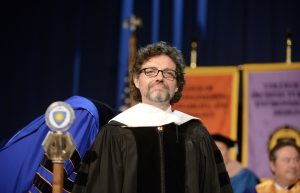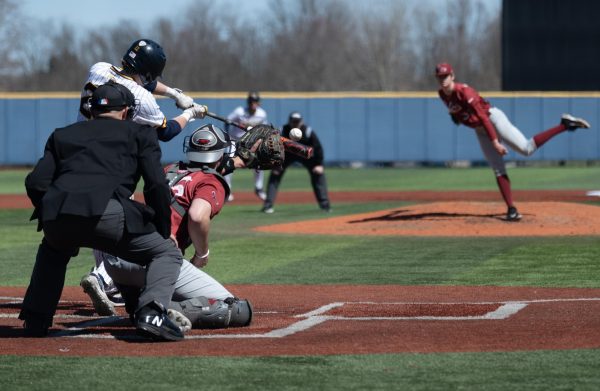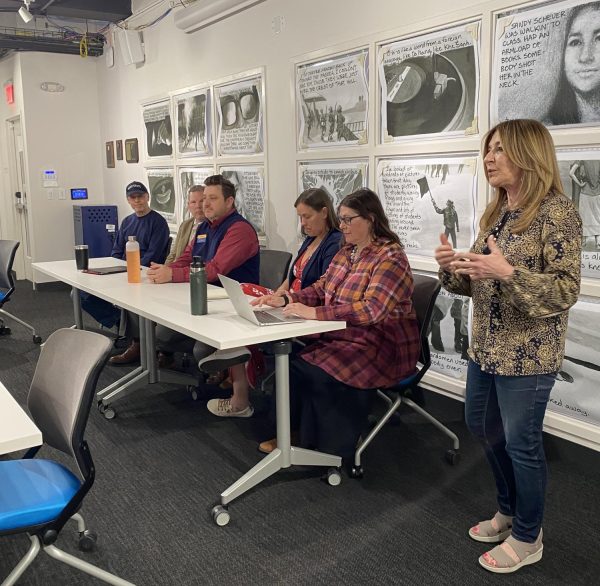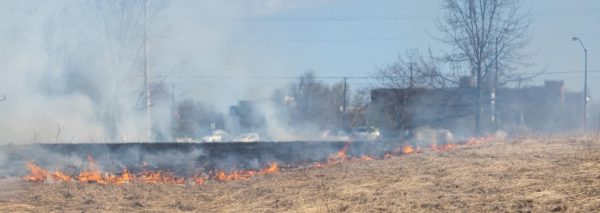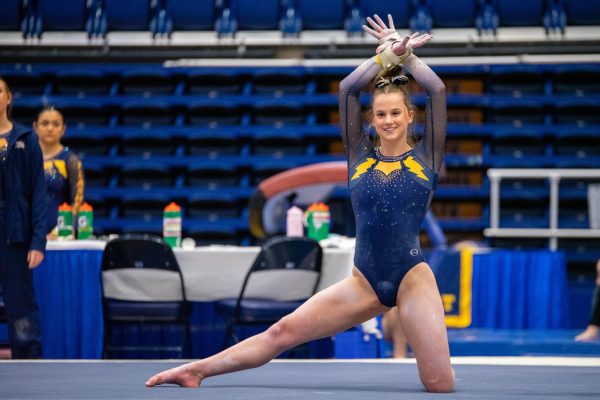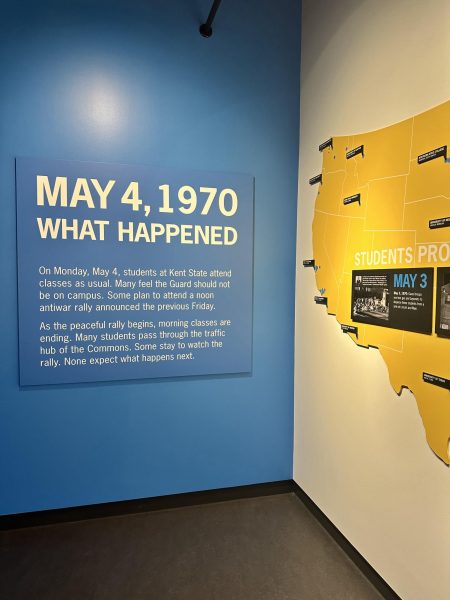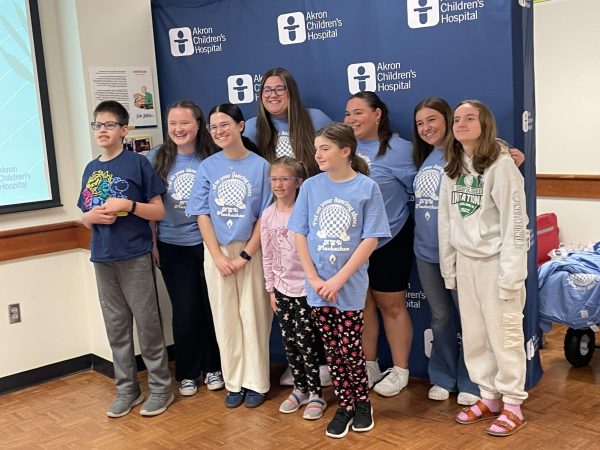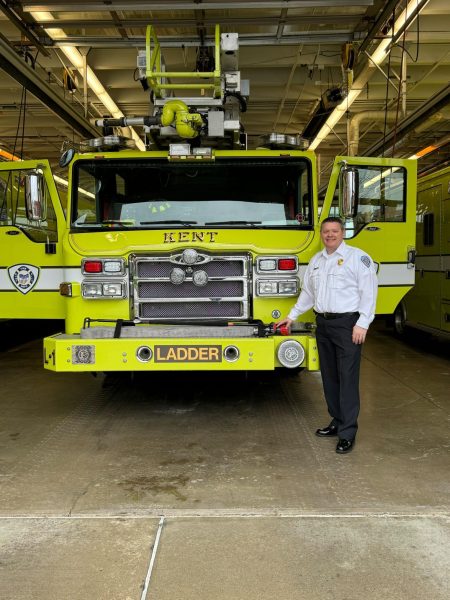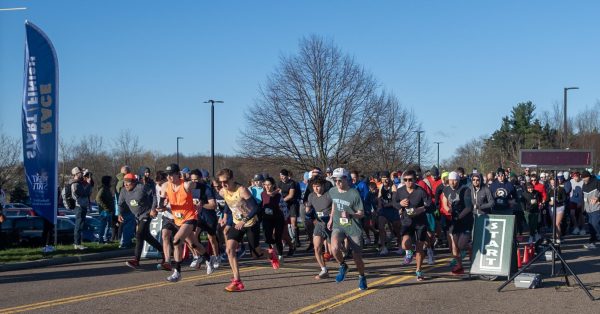Columbia U. LGBT students decry health services for discrimination
March 5, 2007
Elizabeth Kraushar
(U-WIRE) NEW YORK – After visiting Columbia University’s Barnard Health Services a couple of weeks into her first semester, freshman Amy Stenzel said, “I don’t want to go back again.”
Stenzel said that during a gynecological exam, “the way she (the clinician) was talking to me made me feel very uncomfortable.”
“She told me I don’t need to get a pap smear test until I’m 21 because it’s only necessary for those who are sexually active. I said I was having sex with a girl but she acted like it didn’t count,” Stenzel said.
A joint Student Health Advisory Committee-Student Government Association meeting held last week discussed the concern expressed by some students that Barnard Health Services is heteronormative.
An anonymously conducted SHAC survey of 75 students taken last December prompted the organizations to look into the matter. One respondent answered the question, “Do you take condoms. If not, why?” by expressing her concern that dental dams are unavailable at health services and that she felt “othered” when taking a gynecological exam.
“It’s strange they don’t have dental dams. As a queer person, it’s frustrating,” the student said.
“We’re concerned with accommodating all sexual preferences,” Brenda Slade, director of Barnard Health Services said. “I would hate to think a group of women feel excluded.”
Slade said health services doesn’t provide dental dams because, “we haven’t had many requests for them, and we also have to work within budget limits.” Sheer Glyde Dams, the only FDA-registered safer sex dam, retails at about 10 times the price of condoms from the same providers.
In response to student comments about insensitive clinicians, Slade said that health services has computerized templates guiding clinicians to ask patients about their sexual preferences. Certain questions apply to all patients as a part of standard medical procedures.
“Clinicians need to know if students are pregnant, not because they assume they are heterosexual, but because it can affect the diagnosis,” Slade said.
Slade said it helps when students e-mail her their specific complaints after visiting Health Services so that she can follow up with clinicians.
“It’s very powerful to have specific cases because then I can speak to clinicians and try to address the problem directly,” Slade said.
Slade said she has met with chair members of Q, an LGBT awareness group set at Barnard, in the past, but hasn’t been approached with concerns. Furthermore, the student suggestion box outside Barnard Health Services’ office has been empty since October of last year.
Well-Woman Health Educator Jessica Cannon said she felt that there is room for improvement.
“We need to advertise more effectively and inform students how to make their own dental dams,” Cannon said.
Dams are available for taking on a table located inside the Well-Woman office in Reid Hall. In the coming weeks, SHAC representatives said they plan to post fliers that will explain how to make dental dams from condoms.
Since SHAC approached Slade last Friday, she said she plans to consult with clinicians during their weekly meeting. SGA will follow up with SHAC this weekend.
“We’ll discuss these issues as often as it takes to address student concerns,” Slade said.









